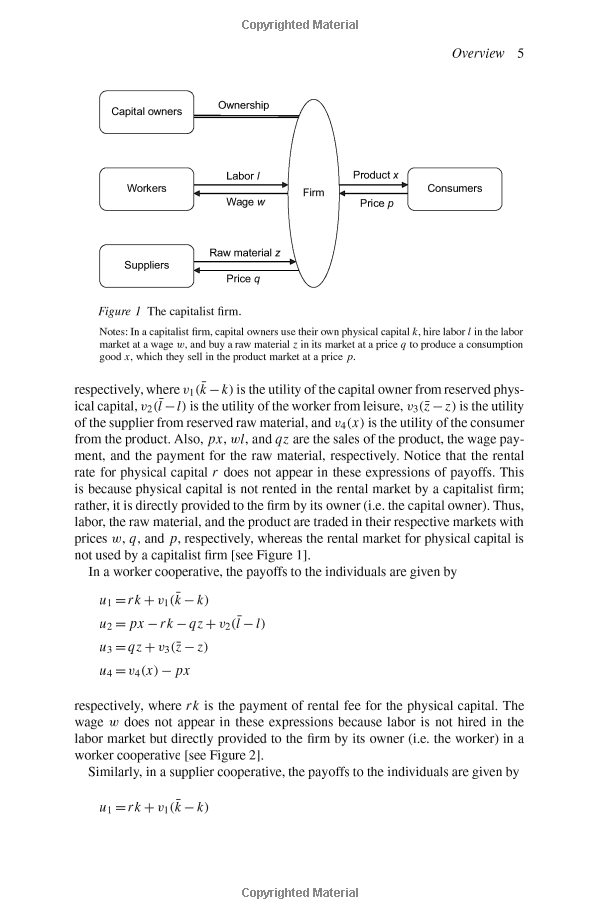The Impact of Forgiving Student Loan Debt on Financial Freedom and Economic Growth
#### Forgiving Student Loan DebtIn recent years, the conversation surrounding forgiving student loan debt has gained significant traction among policymakers……
#### Forgiving Student Loan Debt
In recent years, the conversation surrounding forgiving student loan debt has gained significant traction among policymakers, educators, and the general public. The burden of student loans has become a pressing issue for millions of Americans, impacting their financial stability, career choices, and overall quality of life. As debates continue about the potential benefits and drawbacks of student loan forgiveness, it is essential to explore its implications on both individual borrowers and the broader economy.
#### The Burden of Student Loans
As of 2023, student loan debt in the United States has reached an alarming $1.7 trillion, affecting over 45 million borrowers. Many graduates find themselves entering the workforce with substantial debt, often leading to delayed life milestones such as homeownership, marriage, and starting a family. The psychological toll of this debt can also be significant, with many borrowers experiencing anxiety and stress related to their financial situation.

#### Benefits of Forgiving Student Loan Debt
The idea of forgiving student loan debt is appealing for several reasons. Firstly, it can provide immediate financial relief to borrowers, allowing them to redirect their income towards savings, investments, and consumption. This newfound financial freedom can stimulate economic growth, as individuals are more likely to spend on goods and services, thereby boosting local economies.
Moreover, forgiving student loans can contribute to reducing wealth inequality. Many borrowers from marginalized communities face disproportionate challenges in repaying their student loans, leading to a cycle of poverty that is difficult to escape. By alleviating this burden, society can take a significant step toward promoting equity and ensuring that all individuals have the opportunity to succeed.
#### Challenges and Considerations

While the benefits of forgiving student loan debt are compelling, there are also challenges and considerations that must be addressed. Critics argue that blanket forgiveness may disproportionately benefit higher-income individuals who attended prestigious institutions and accrued significant debt. Additionally, there are concerns about the potential impact on taxpayers and the federal budget.
Another critical aspect to consider is the need for reform in the education financing system. Simply forgiving existing debt does not address the root causes of the student loan crisis. Policymakers must also focus on making higher education more affordable and accessible to prevent future generations from falling into the same debt trap.
#### The Future of Student Loan Forgiveness
As the dialogue around forgiving student loan debt continues, it is crucial for stakeholders to engage in meaningful discussions about the best path forward. Potential solutions may include targeted forgiveness programs, income-driven repayment plans, and increased funding for public education. By taking a comprehensive approach, we can create a more equitable system that supports students without placing undue financial burdens on future generations.

In conclusion, the issue of forgiving student loan debt is complex and multifaceted. While it offers promising benefits for individuals and the economy, it also requires careful consideration of its implications and the need for systemic change. As we move forward, it is essential to prioritize solutions that promote financial stability, equity, and access to education for all.